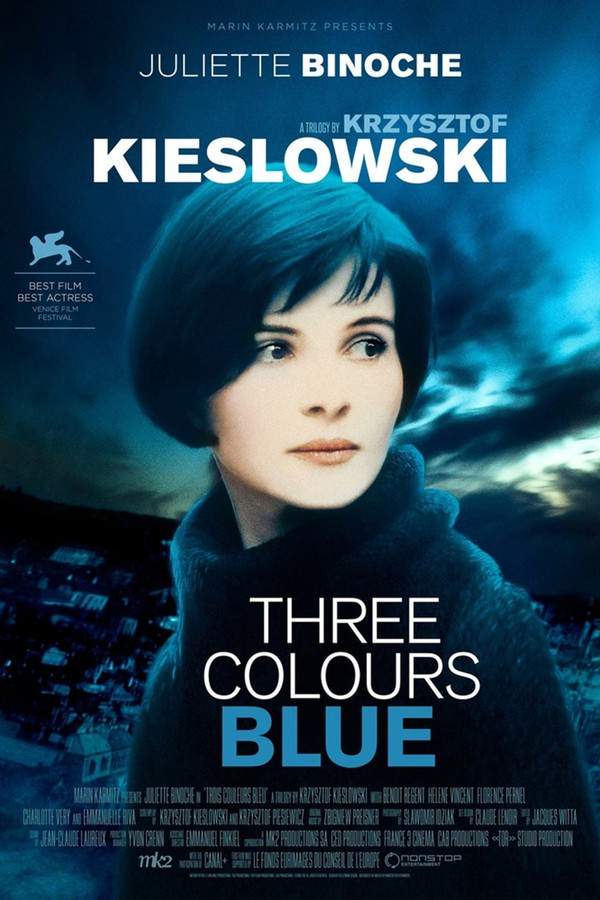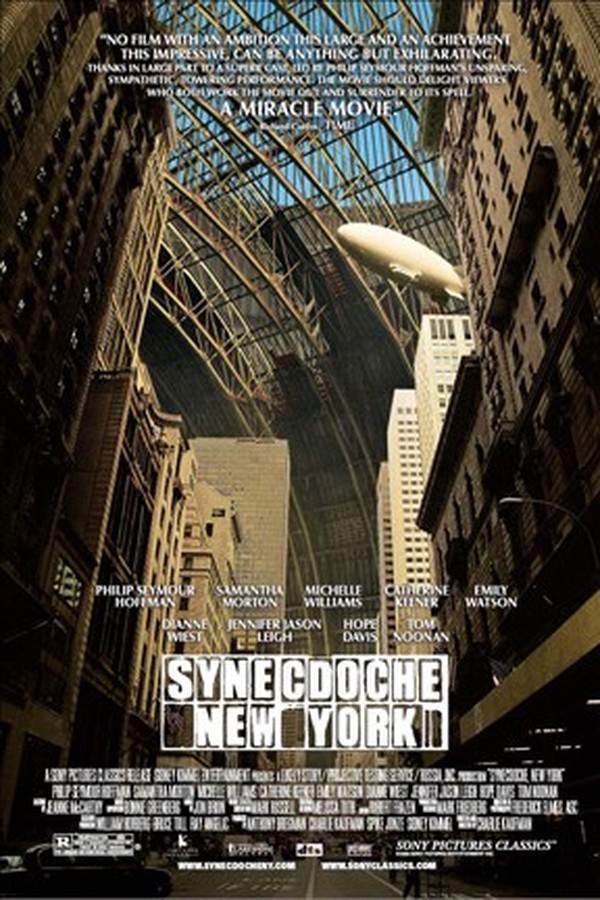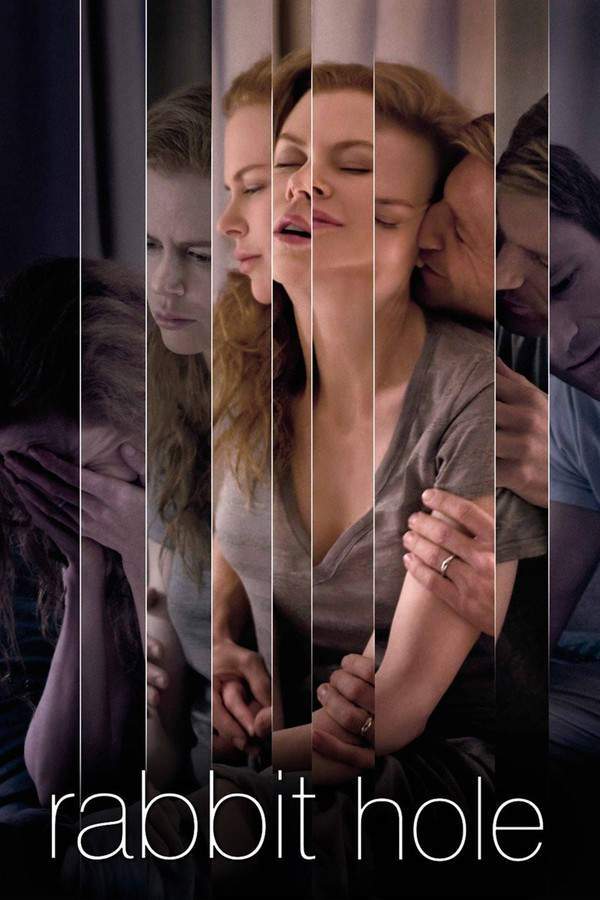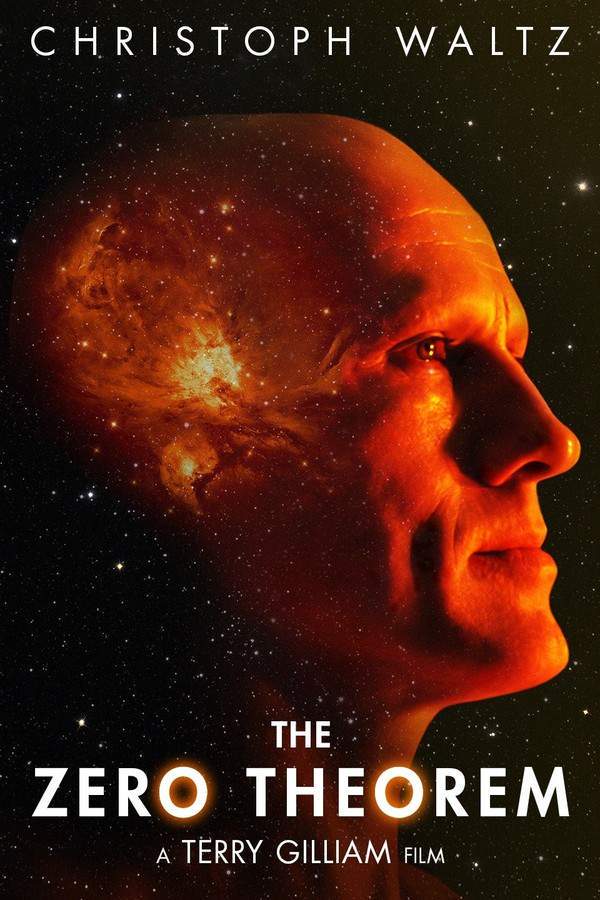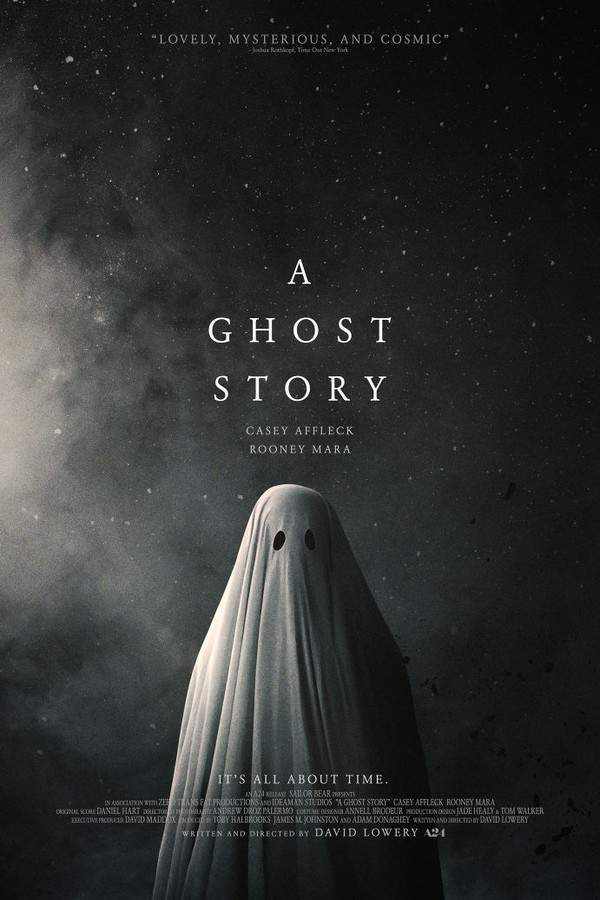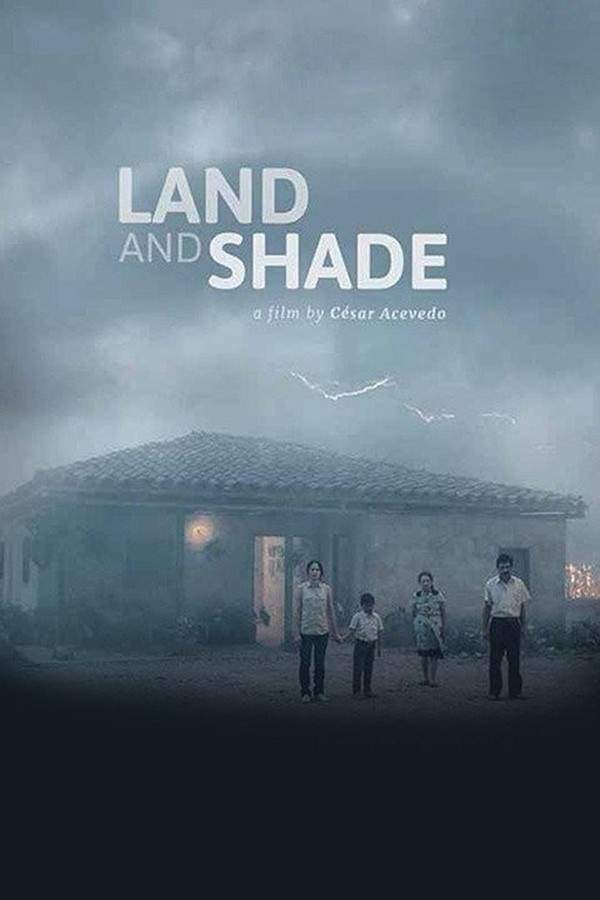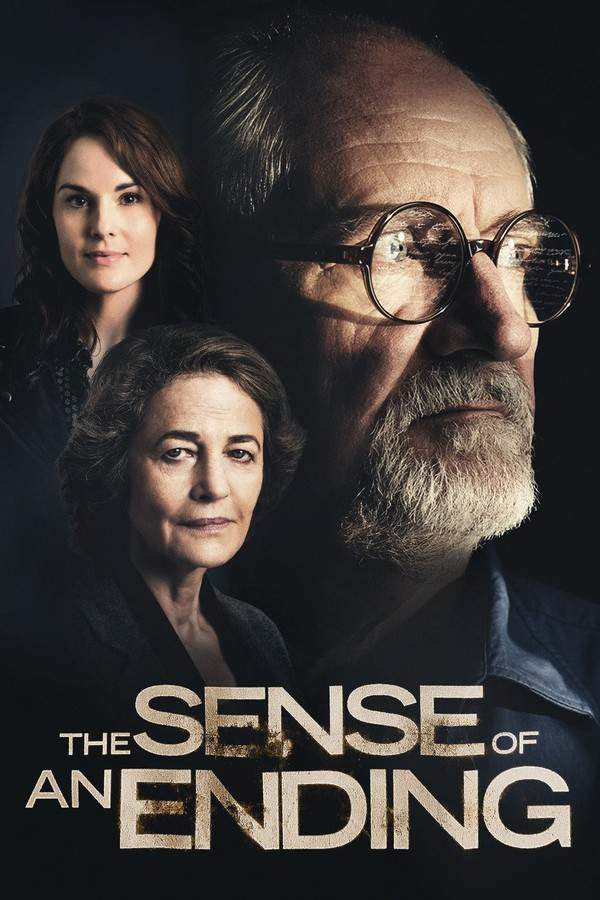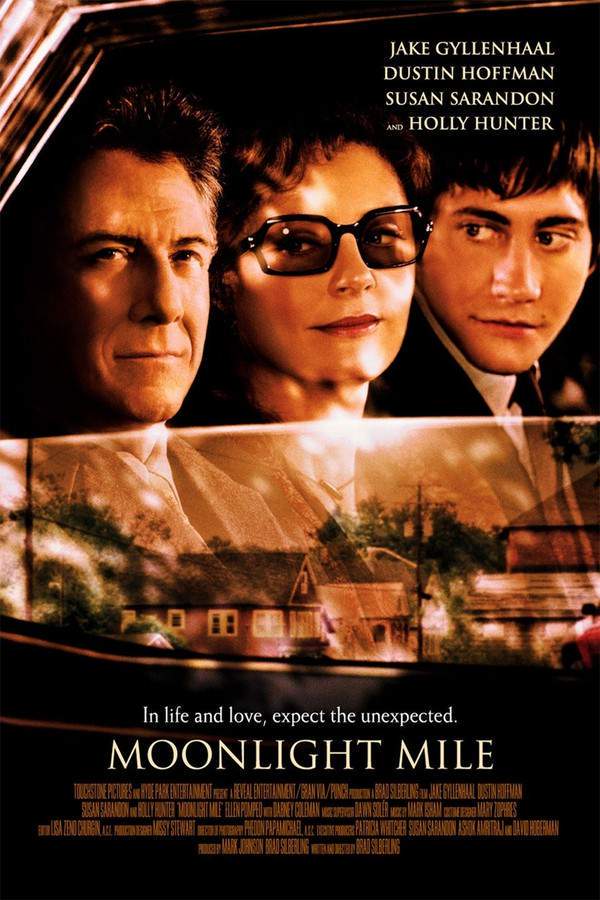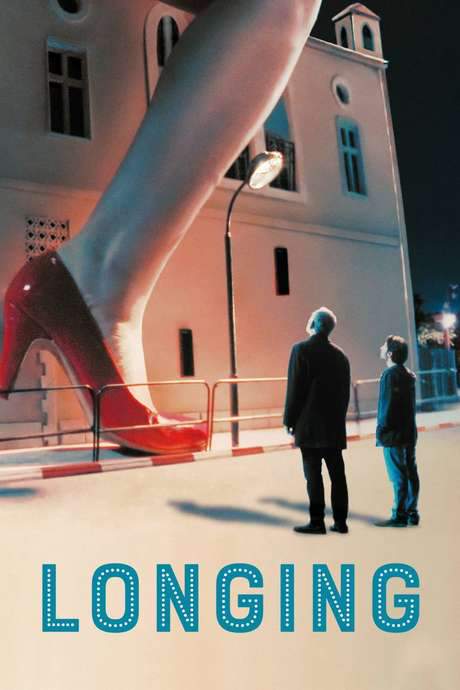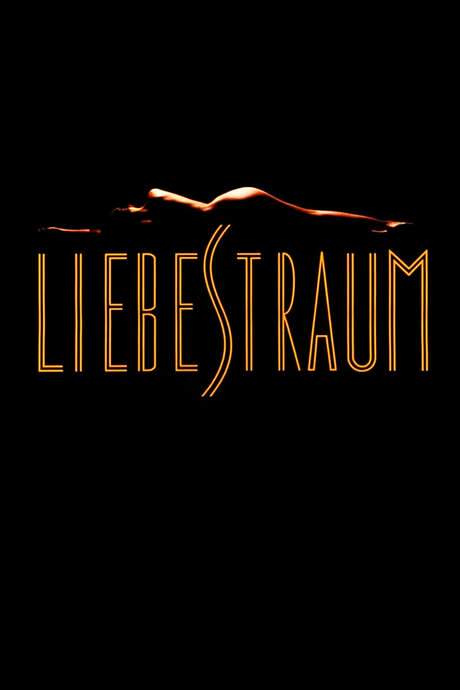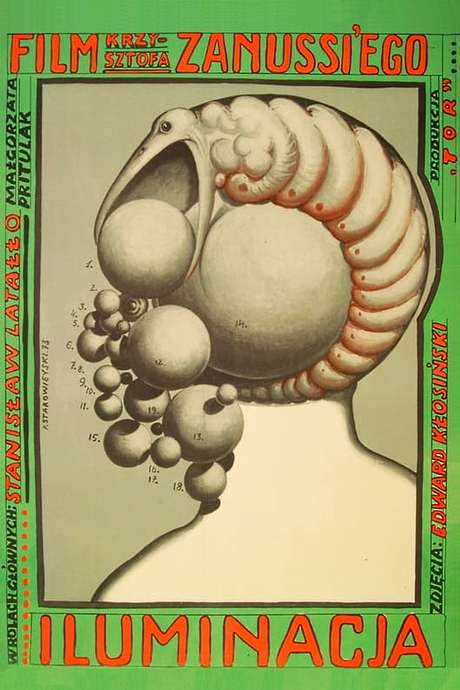
Illumination
Year: 1973
Runtime: 87 mins
Language: Polish
Director: Krzysztof Zanussi
Film chronicles a decade in the life of a young physics student whose absolute faith in the primacy of rationality and science is shaken by tragedy and affairs of the heart.
Illumination (1973) – Spoiler-Free Movie Summary & Plot Overview
Get a spoiler-free look at Illumination (1973) with a clear plot overview that covers the setting, main characters, and story premise—without revealing key twists or the ending. Perfect for deciding if this film is your next watch.
In post‑war Poland, a young man whose whole identity is built around equations and the certainty of the laboratory steps into a physics program, convinced that rationality alone can map the universe. Franek carries the quiet confidence of a scholar, his world populated by chalk‑covered blackboards, heated debates about time and matter, and the relentless pursuit of a breakthrough that might secure his place among the greats. The film opens amid lecture halls and campus cafés, where the promise of discovery feels as palpable as the cold winter air outside.
Beyond the lecture hall, personal ties begin to tug at the edges of his methodical world. A fellow student becomes more than a study partner, inviting Franek into a relationship that blends intellectual intrigue with the messier currents of affection. Their connection hints at a tension between the clean logic of physics and the unpredictable emotions that accompany love, setting up a delicate balance that will test his convictions.
As the narrative expands, Franek drifts through a series of contrasting environments—a mountain lodge that feels suspended between ascent and descent, a military service that imposes discipline beyond the classroom, and a bustling hospital where the machinery of medicine mirrors his own analytical mind. Each setting introduces a new texture to his quest, suggesting that the search for truth may require stepping outside the confines of pure science. Interspersed with quiet moments in a monastery and lingering shots of lectures that pose existential questions, the film cultivates a tone that is both cerebral and deeply human.
The story thrives on this juxtaposition: the rigor of equations against the chaos of lived experience, the glow of a chalk line beside the dim flicker of a candle in a chapel, the steady rhythm of a lecture hall punctuated by the irregular beats of the heart. Franek’s journey promises a meditation on what it means to trust knowledge when the world insists on reminding us of its fragile, beautiful uncertainty.
Last Updated: December 04, 2025 at 18:24
Explore Movie Threads
Discover curated groups of movies connected by mood, themes, and story style. Browse collections built around emotion, atmosphere, and narrative focus to easily find films that match what you feel like watching right now.
Movies about the crisis of rationality like Illumination
Stories where intellectual certainty is eroded by the messiness of life and emotion.Explore films similar to Illumination, where intellectual faith is undone by life's complexities. This list features philosophical dramas and character studies about scientists and thinkers facing grief, love, and mortality, prompting a search for meaning beyond pure logic. If you like movies about science vs. faith, you'll find similar stories here.
Narrative Summary
The narrative pattern typically begins with a character firmly embedded in a rational worldview. A catalytic event—often a loss, an illness, or a profound emotional connection—initiates a slow-burn deconstruction of their beliefs. The story unfolds through internal conflict and philosophical questioning rather than external action, leading to a nuanced, often bittersweet, acceptance of life's ambiguities.
Why These Movies?
They are grouped together by their central thematic conflict between intellect and emotion, science and faith. They share a meditative, melancholic tone, a deliberate pacing that allows for deep reflection, and a focus on the heavy emotional weight of intellectual and existential disillusionment.
Slow-burn melancholy dramas like Illumination
Character-driven dramas steeped in a pervasive, reflective sadness over time.Find movies that share the slow, melancholic feel of Illumination. This collection features character-driven dramas with a heavy emotional weight, focusing on themes like grief, loss, and existential reflection. If you appreciated the deliberate pacing and pervasive sadness of Illumination, you'll discover similar contemplative films here.
Narrative Summary
Stories in this thread are less about dramatic plot twists and more about the emotional and psychological arcs of their characters. They often span long periods, using time to deepen the sense of loss and change. The narrative structure is linear or gently reflective, building a profound, resonant sadness through quiet moments and philosophical undertones.
Why These Movies?
They are united by a dominant melancholic tone, a slow and deliberate pacing that allows the mood to saturate the viewing experience, and a heavy emotional weight centered on sadness and reflection. The shared vibe is one of quiet, thoughtful, and pervasive sorrow.
Unlock the Full Story of Illumination
Don't stop at just watching — explore Illumination in full detail. From the complete plot summary and scene-by-scene timeline to character breakdowns, thematic analysis, and a deep dive into the ending — every page helps you truly understand what Illumination is all about. Plus, discover what's next after the movie.
Illumination Summary
Read a complete plot summary of Illumination, including all key story points, character arcs, and turning points. This in-depth recap is ideal for understanding the narrative structure or reviewing what happened in the movie.

Illumination Timeline
Track the full timeline of Illumination with every major event arranged chronologically. Perfect for decoding non-linear storytelling, flashbacks, or parallel narratives with a clear scene-by-scene breakdown.

Characters, Settings & Themes in Illumination
Discover the characters, locations, and core themes that shape Illumination. Get insights into symbolic elements, setting significance, and deeper narrative meaning — ideal for thematic analysis and movie breakdowns.

More About Illumination
Visit What's After the Movie to explore more about Illumination: box office results, cast and crew info, production details, post-credit scenes, and external links — all in one place for movie fans and researchers.


